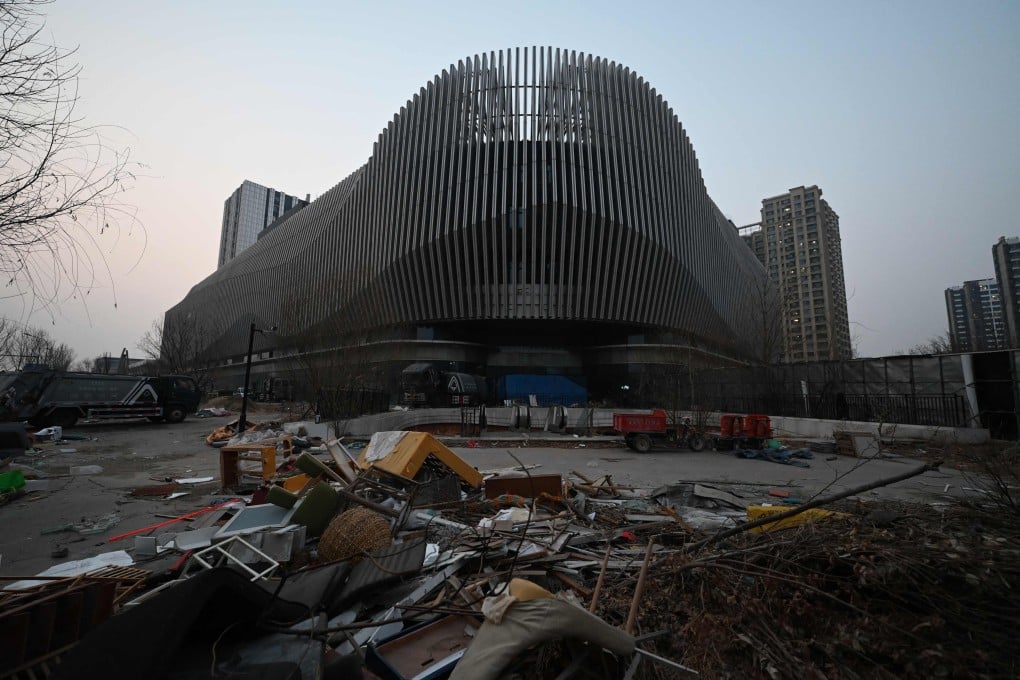Explainer | What does Evergrande’s liquidation order mean for China’s property sector? Why is the market cheering?
- China Evergrande Group, one of the world’s most indebted property developers, was ordered to wind up by a Hong Kong court, triggering a rally in the rest of the sector
- The winding-up order faces cross-jurisdictional challenges as most of the company’s assets are located in mainland China, experts say

China Evergrande Group, one of the world’s most indebted property developers, was ordered to wind up by a Hong Kong court that after it failed to reach a consensus with creditors to put forward a “concrete restructuring proposal” following years of discussions, paving the way for the biggest-ever liquidation of a Chinese property developer.
The decision triggered an implosion in the shares and bonds of the company and its associates. The rest of the sector saw buying, which analysts say reflected optimism that the court’s order would remove the most problematic entity in the sector, allowing authorities to introduce easing measures for the remaining players.
Justice Linda Chan appointed Eddie Middleton and Tiffany Wong Wing-sze, managing directors of the consulting firm Alvarez & Marsal, as liquidators for the developer.
The winding-up order to the Guangzhou-based developer, however, still faces cross-jurisdictional challenges as most of the company’s assets are located in mainland China.

Here’s a look at the market’s reaction after the liquidation, and its implications for the Chinese property sector.